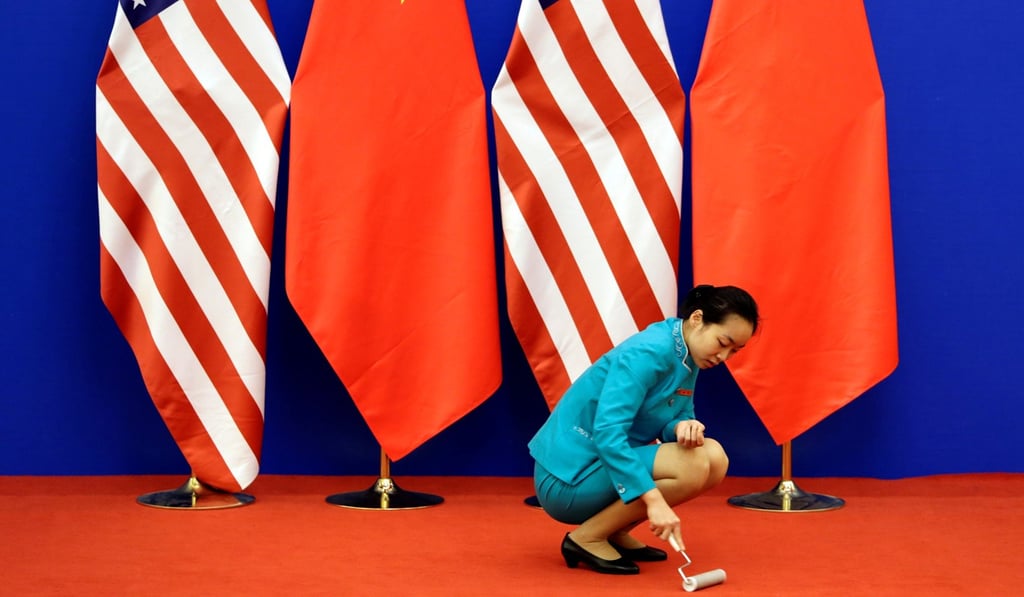Beijing says US policy change for Chinese diplomats violates international law
- China protests over move that requires State Department to be notified of meetings with officials and visits to educational and research institutions
- Embassy in Washington claims decision breaches the Vienna Convention

Beijing on Thursday protested against a US decision to order Chinese diplomats to notify the State Department before meeting local officials, saying the move was “groundless” and violated international law.
Chinese foreign ministry spokesman Geng Shuang said Beijing opposed the move and had made a “solemn representation” to Washington.
“The State Department is making additional conditions and barriers for Chinese diplomats to carry out their normal work,” Geng said in a daily press briefing. “China supports US diplomatic staff in China to carry out normal duties, and will provide assistance for that.”

Geng’s call for the US to scrap the move came after the Chinese embassy in Washington claimed on Twitter that the policy violated the Vienna Convention, an international treaty defining diplomatic relations between countries.